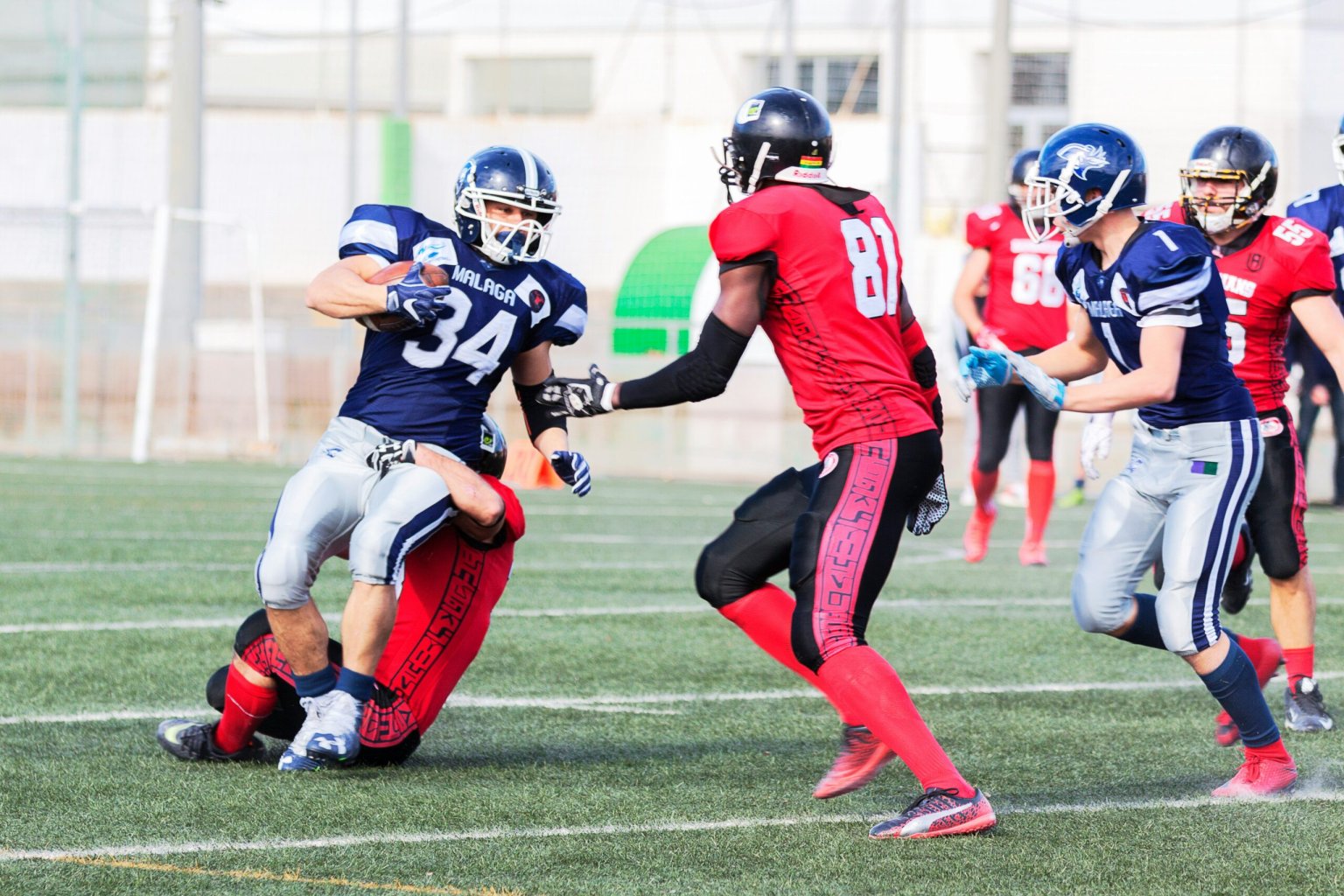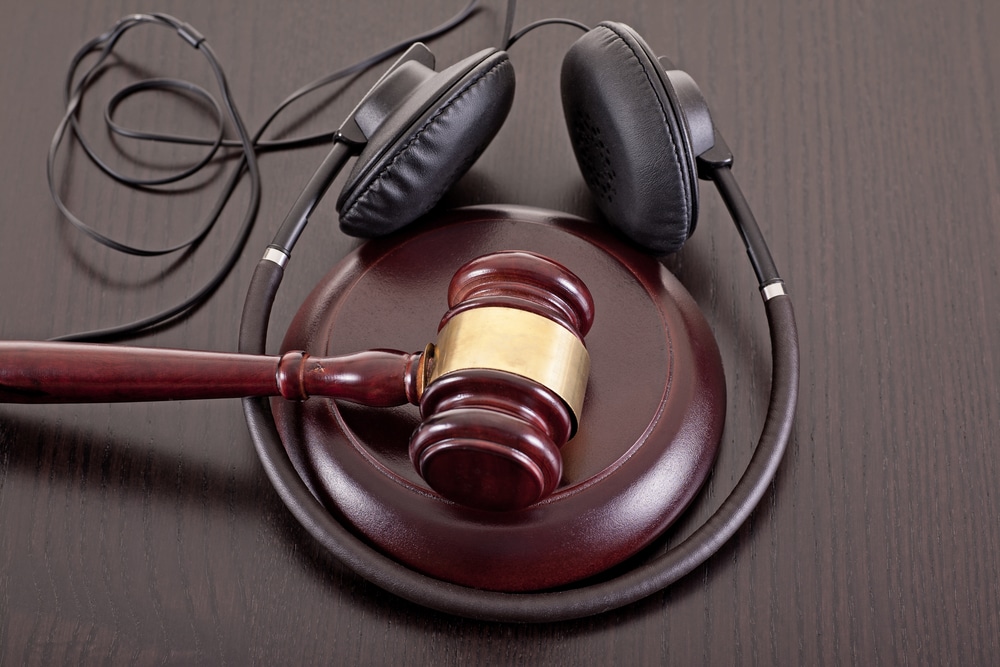When Your Name Becomes a Brand: Athlete IP Strategies
The moment fans start chanting it, brands start calling. That’s when it becomes real.
Athletes today aren’t just competing — they’re selling, licensing, endorsing. Your name, your face, your story — these aren’t just personal. They’re commercial. And if you’re not protecting them, someone else will find a way to profit from them.
Let’s talk about what that protection actually looks like.
Table of Contents
ToggleTrademark your identity before someone else does
If your name, nickname, or slogan is out there — on social media, on merch, in headlines — it’s time to lock it down.
Start with trademark registration. That includes your name, logo, even a signature phrase if you’re using it to promote products or build a personal brand. Once registered, you hold the exclusive right to use that mark in commerce — and you gain the legal ground to stop others from using it without permission.
It doesn’t matter whether you’re in the pros, going viral in college, or heading toward the Olympic Games. The earlier you file, the stronger your position. Too many athletes wait until a conflict arises — by then, you’re playing defense.
Your likeness is not public property
That’s your face on the jersey. Your voice in the ad. Your highlights on a sneaker brand’s TikTok.
Whether it’s used by a brand, a meme account, or an event organizer — your likeness is part of your image rights. And yes, you can protect it.
With the rise of NIL rights, the legal ability to control how your name, image, and likeness are used is more accessible than ever. But accessibility doesn’t mean automatic protection. You still need licensing agreements that spell out who can use your likeness, for what, and under what terms.
These deals aren’t just about money — they’re about control. If you’re letting someone else profit from your image, you’d better be the one who decides how.
Control your brand partnerships before they control you
A brand deal is only as good as the agreement behind it.
It might look great on Instagram, but if the fine print lets your partner reuse your clips forever, change your messaging, or launch follow-up campaigns without approval — you’re not building value. You’re handing it away.
Every sponsorship or endorsement deal should be backed by clear, enforceable terms. That means understanding how your image will be used, where it will appear, what you’re expected to deliver, and what you’re getting in return. This is business — and if you don’t treat it like business, it can unravel fast.
Use it or lose it: enforcing your IP rights
Registering your trademark or protecting your intellectual property rights is one thing. Enforcing them is another.
If someone starts selling knockoff merch or tagging you in unauthorized promo posts, it’s your job to act. That might mean takedown requests, cease-and-desists, or full-on legal action. If you let it slide too often, you risk weakening your claim.
This is where strong agreements and proactive brand management intersect. You’re not just reacting — you’re building a legal perimeter around your identity. And in the business of sports, that’s how reputations — and revenue — are preserved.
Final thoughts
If your name is gaining traction, that’s a sign. It means you’ve done the work, earned the spotlight, and stepped into a space where intellectual property law becomes personal.
Don’t wait until someone else trademarks your catchphrase or licenses your likeness without asking. You don’t just need a deal — you need the right deal, with the right protections. That’s how professional athletes go from being in the game to owning it.
We help athletes secure what they’ve built — and grow what comes next.
Contact us today! Use our contact form, book a consultation, call us at 305 373-7665, or email us at info@chaselawyers.com. Let our team guide you through the process with confidence.
Disclaimer:
The information provided in this article is for general informational purposes only and does not constitute legal advice. Every scenario is unique, and legal requirements may vary.
- 21 SE First Avenue Suite 700 Miami, FL 33131
- 305-373-7665
- 305-373-7668
- info@chaselawyers.com
- 1345 Avenue of the Americas, 2nd floor, NY, NY 10105
- 212-601-2762
- info@chaselawyers.com
Get a response within 24 hours. We’ll clearly explain how we can support and protect your brand while staying within your budget.



